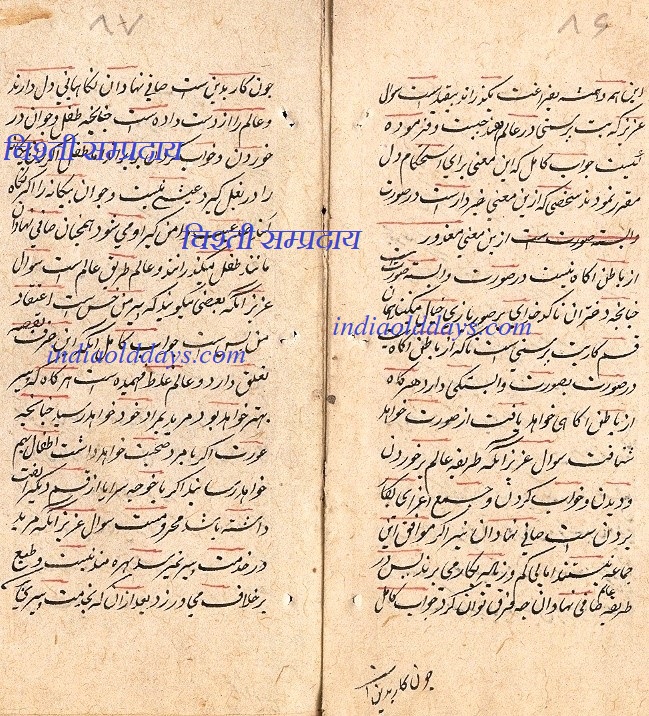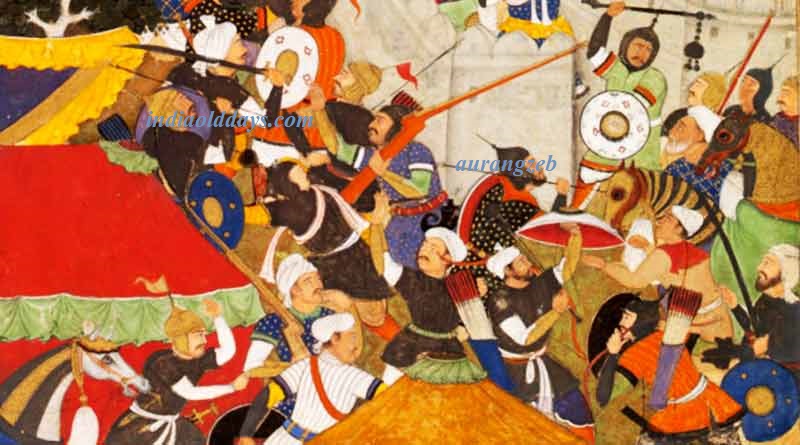British imperialist policy (1858-1905)
The revolution of 1857 AD devastated the power of the East India Company. Now the power and administration of India were under the control of the British. The British government took the British Empire at the pinnacle by 1856 AD, and it was made clear in the declaration of Queen Victoria, that in the future the English state will not be expanded in India.
British paramount was established on many Indian princely states. It was also made clear in the declaration of the Queen, that the British would not tolerate the encroachment of their empire or rights. So, the main policy of the British Government was to establish its political dominance on the neighboring states of India in terms of keeping the Indian Empire safe.
The British Government resorted to imperialist policy to implement this policy. Since the boundaries of India in the South were protected by the sea and the world’s best navigator power of the British, it was compulsory to establish British influence on Burma and Tibet situated on the eastern border and on Afghanistan situated on the north-western and north-eastern boundaries of India. That is why later the British merged Burma in the British Empire and had established their political control over Afghanistan and Tibet.
North-West Frontier Policy
The British started the North-West Frontier policy in India at the end of 18th Century because at that time they were feared to attack by Napoleon and later the Afghan ruler Zaman Shah. But Zaman Shah was deposed from the throne by his stepbrother Mohammed.
In 1803 AD, Shah Shuja’s brother Mohammed was seized from the throne. In 1809, Shah Shuja’s brother Mohammed Shah captured the Afghan throne and shred Shah Shuja from Afghanistan. Shah Shuja took refuge of the British in India. The credit for the success of Mohammed Shah goes to Fatehakhan who was of the Barakajee dynasty.
There were twenty brothers in Fatehakhan’s family, who helped Fatehkhan in the struggle for power. In 1818, these Barakajee brothers ended the descendants of Ahmad Shah Abdali by taking control over different areas of Afghanistan. Later, the fight started among the Barakajee brothers. The most qualified person in the Barakajee brothers was Friend Mohammed( दोस्त मोहम्मद ), who took control of Ghazni and Kabul and began to rule over the main part of Afghanistan.
Afghan policy of the British
The expansion of company state in India was from south and east. Slowly their areas began to expand from east to west and from south to north and by the middle of the 19th century, the border of the company state reached river Satluj. Now the problem of border security has arisen in front of the company.
Marine power of Britain was very strong, so there was no fear of attacking the Indian empire from the sea. But from the north-western borders, from where onwards, foreign invasions have taken place in India, the possibility of danger increased. So it was necessary for the company to pay attention to this border.
The British got freedom from the French threat with the collapse of Napoleon in France, but now a new threat appeared to them and that was Russia.
In Europe, the imperialist competition arose between Russia and England. Russia wanted to establish its impact on Central Asia and Afghanistan. So the crisis had been seen by the British on the Indian empire.
In 1813 AD, Russia made a treaty with Persia (Iran), so the British feared that Russia could invade Afghanistan and India with the help of Persia.
The Policy of forwarding and indolence
Two ideologies, whose founder was Gladstone and Dijreli, had become prominent in determining the Afghan policy of the British. They not only affected European politics, but the Indian administration also could not be free from the influence of their policies.
India’s foreign policy continued to be governed by their ideas to a certain limit, especially regarding Afghanistan. One class in England had an ideology that Russia would probably invade India from Afghanistan, which called the Raso- Phobia.T hey kept fearing even in the dream, that India is being attacked by Russia.
The other class in England had the opposite ideology, according to which invasion of Russia on India cannot be in any situation, because to conduct such a war was not possible for St.Petersburg. The governor generals deputed to India were influenced by both of these ideologies. The governor general governed his foreign policy according to the ideology by which he was influenced. Thus, Indo-Afghan
relations became an important relationship. The Afghan policy became the criterion for success and unsuccessful of any Governor General.
North-east frontier policy
The British did following works under this policy :
Reference :https://www.indiaolddays.com/




